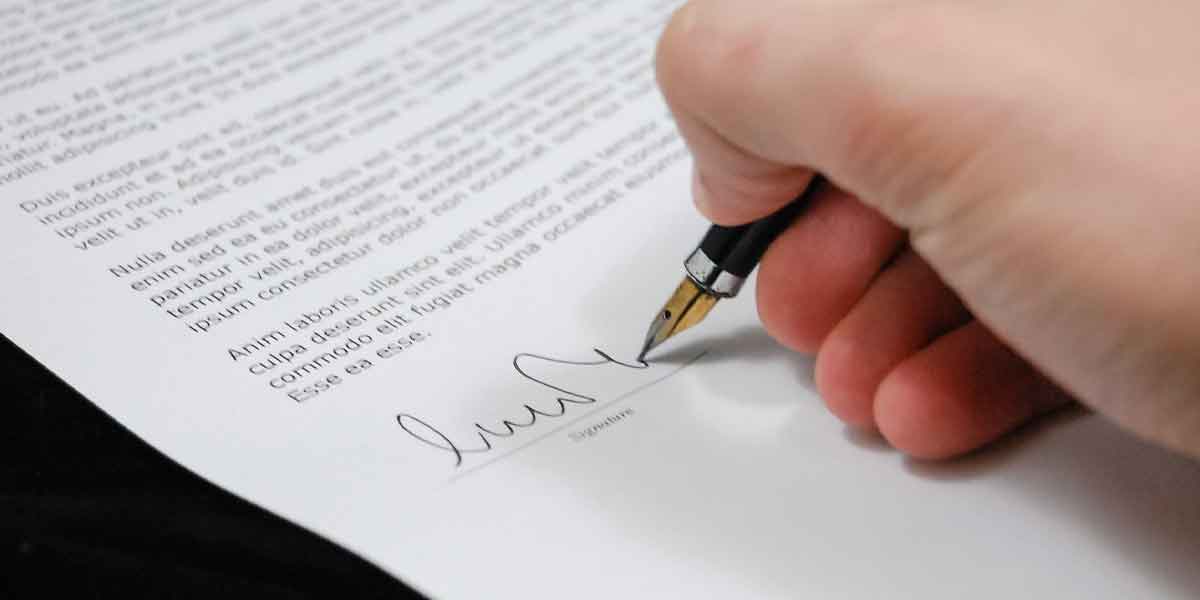Have you ever wondered who settles the outstanding debts of someone who has passed away? This might seem like a complex issue, but it has a straightforward solution. The unpaid debts of the deceased are addressed during the probate process using the value derived from the deceased’s estate.
The responsibility of settling these debts falls to the executor or an appointed attorney. The executor, named in the deceased’s will, is granted the authority to manage the decedent’s assets. If there is no will, the court appoints a personal representative to oversee the probate proceedings.
The executor’s duties include identifying all outstanding debts and requiring creditors to substantiate their claims. Once these claims are verified, the executor proceeds to settle the debts.
But what happens if the deceased’s assets are insufficient to cover their liabilities? Does this mean the family inherits the debt? To answer this, we need to explore various scenarios that can arise after a person’s death:
1. Settling Debts with Estate Assets
In most probate cases, debts are paid from the proceeds of the deceased’s assets. The executor, sometimes with the assistance of an attorney, is responsible for this task.
Assets are classified into exempt and non-exempt categories. Exempt assets, such as retirement savings and life insurance policies, are not used to pay debts. Non-exempt assets, including bank accounts and real estate, are utilized to settle outstanding debts. The classification of assets can vary by state law.
Creditors must notify the executor of their claims within a specified period. Claims made after this period are typically not considered.
Creditors are required to provide proof of their claims, such as bills or receipts, which the executor will verify before making payments.
In this scenario, the deceased’s family is not burdened with the debt, as the estate’s assets are used to settle the obligations.
2. Insolvency in Probate
In some rare probate cases, the deceased may be insolvent, meaning their debts exceed their assets. This situation complicates the executor’s task.
When insolvency occurs, heirs and beneficiaries do not receive any inheritance. However, the family is still not responsible for the deceased’s debts.
In these cases, debts are paid according to a priority order. Estate taxes, attorney fees, and fiduciary fees are settled first.
Families dependent on the deceased may receive a family allowance. Federal taxes, uncovered medical expenses, and property taxes are next in line.
Credit card debts and personal loans are the last to be paid.
3. Co-Signed Loans and Probate
When a relative has co-signed a loan with the deceased, they are responsible for repaying the remaining debt. This obligation arises from the loan agreement, which stipulates that the surviving co-signer must cover the debt if the other party dies.
The lending institution may also use the deceased’s assets to reduce the debt, thereby lessening the co-signer’s burden.
This is the only scenario where the deceased’s family might be responsible for debt repayment. In all other cases, the family is not liable for the deceased’s debts.
Conclusion
In the majority of probate cases, the deceased’s family is not burdened with repaying loans, dues, or credits. The executor handles these debts using the estate’s funds during the probate process, ensuring that the deceased’s financial obligations do not impact their family.




